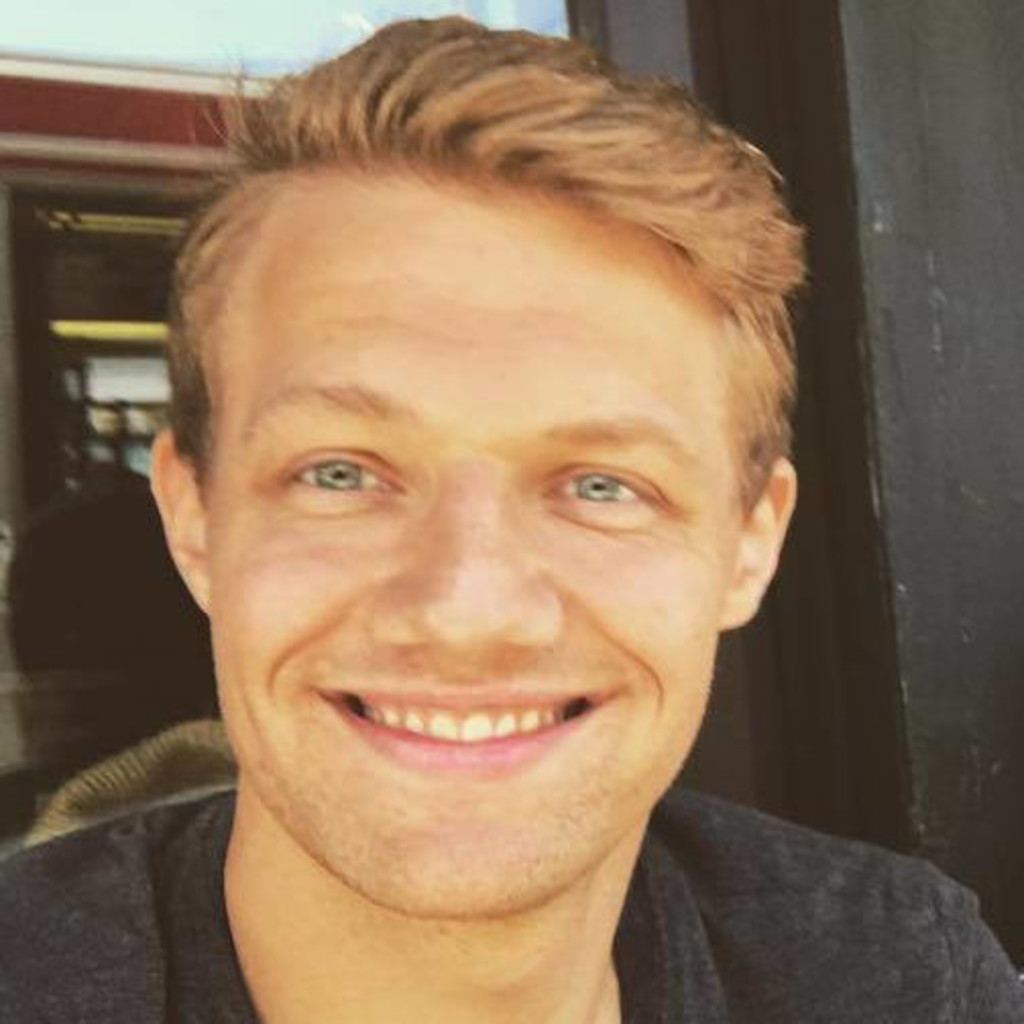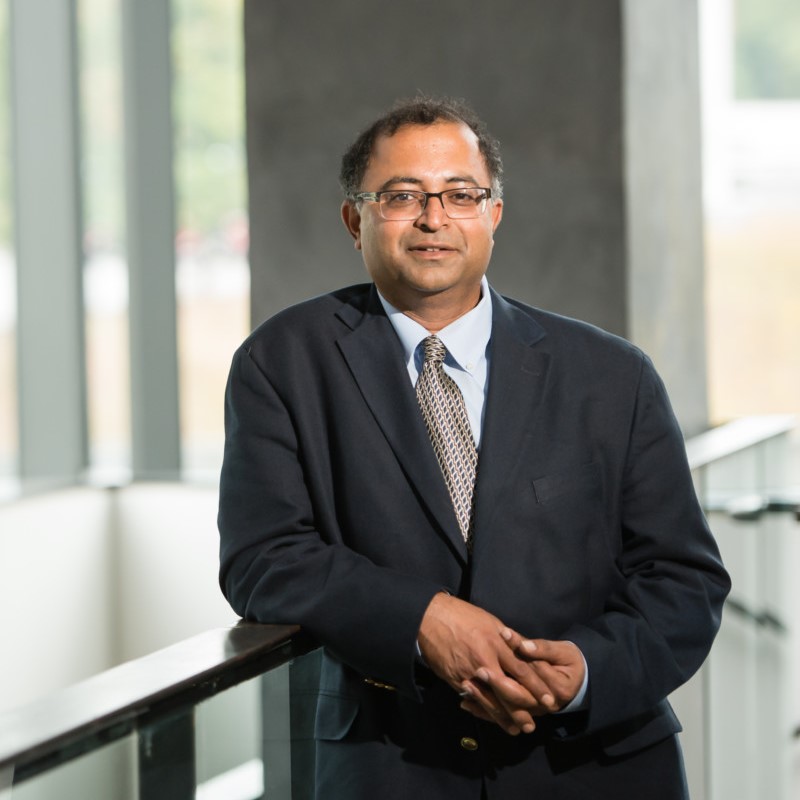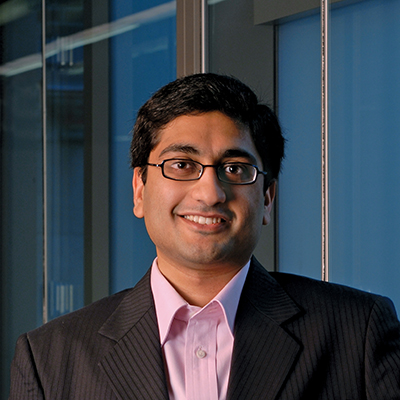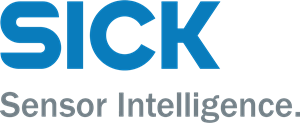In motorsport racing, there is a saying that “If everything seems under control, then you are not going fast enough”. Expert racing drivers have split second reaction times and routinely drive at the limits of control, traction, and agility of the racecar - under high-speed and close proximity situations. Autonomous racing presents unique opportunities and challenges in designing algorithms and hardware that can operate firmly on the limits of perception, planning, and control. Racing has a long and illustrative history of serving as a proving grounds for automotive technology. Similarly, autonomous racing has the potential to serve as the litmus test - but this time - for self-driving software. While a large portion of autonomous vehicle research and development is focused on handling routine driving situations, achieving the safety benefits of autonomous vehicles also requires a focus on driving at the limits of the control of the vehicle.
The main objective of this workshop is to attract the interest of the robotics community on research challenges specific to high-speed autonomous racing. We aim at bringing together experts and researchers from various robotic fields explore the challenges associated with modeling vehicle dynamics at high-speeds, head-to-head multi-agent racing, AI-enabled racing solutions, sensor fusion, overtaking, state-estimation of opponents, racing simulation at scale, perception, localization, and planning. Autonomous racing competitions such as F1/10 Autonomous Racing, Roborace, and Indy Autonomous Challenge are encouraging researchers to think about these problems. We expect that this workshop will become the focal point for bringing together researchers from the growing autonomous racing and robotics communities to foster collaborative and creative solutions.
Organizers:




Postdoctoral Researcher
Assistant Professor
Michelin Chair Professor
Associate Professor
"Autonomous Ground Vehicles and Intelligent Transportation Systems"

Sponsors

